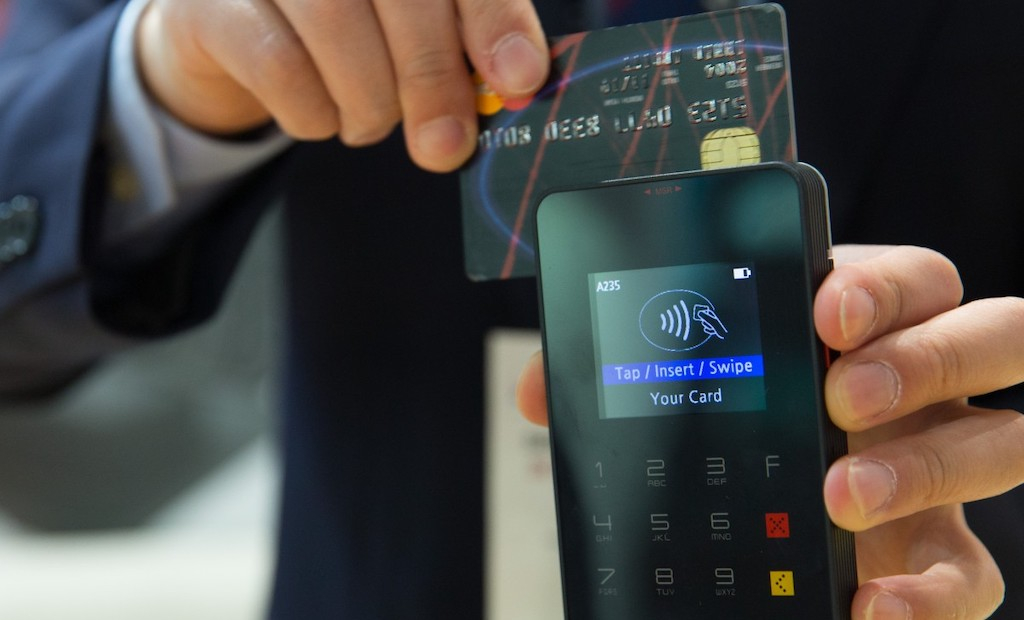Five ways to deal with overwhelming debt

According to the TUC, the average UK household now owes a record £15,400 in debt to banks, credit card firms, and other lenders. Experts point out that families may soon be entering the red zone and, although getting a loan isn’t an irresponsible action, not knowing how to cope with debt can have lasting consequences. Caused by years of austerity and wage stagnation, rising debt levels might become a problem for British families and push them to resort to unreliable solutions.
If you are dealing with overwhelming levels of secured and unsecured debt that your monthly paycheck cannot cover, don’t panic. Even when debt becomes crippling, there still are some ways to ease the burden without filing for personal bankruptcy.
Don’t let credit card debt pile up
If you really are broke – that is, if your paycheck is hardly enough to cover for essentials – then the worst thing you could do is create even more debt by using credit cards. Swiping a card is easy and you don’t even realise your spending money, which pushes you in a vicious circle of debt that’s hard to escape. You’ll never reach financial stability if you keep on relying on credit cards, so cut them up one at a time. In the first months, you’ll feel that you’re struggling even more, but in fact, you’re living just on your monthly income, not on borrowed money, which is progress.
Going cash-only can be very stressful if you’re used to paying by credit card, so use these tips to manage your budget and practice self-control:
- Keep on you just a small amount of cash. If you’re headed out for coffee, you don’t need to carry £100. If you do, you’ll be tempted to spend them on things you don’t need, so carry the bare minimum until your debt situation improves.
- Withdraw a weekly allowance. Even if you got rid of all your credit cards and now you only have a debit card, that doesn’t mean you should use it every single day. Without realising it, you will end up spending more than necessary, so create a budget and withdraw only one lump sum every week. This is your allowance and you can split it as you see fit. Unless there’s an emergency (a real emergency, not sales!), don’t withdraw any more money.
- Hide away your cards. Many times, we don’t make card purchases because we need to, but because we see something tempting and it’s just too easy to take out your card and swipe it. Try the out of sight, out of mind approach: tuck away all your cards in a drawer and you’ll see that you can live without them.
Sell disposable valuables
Most people have valuable items around the house that, if sold, can cover quite a significant portion of the debt. That doesn’t mean you have to sell items with emotional value, such as your grandmother’s engagement ring or your father’s gold cufflinks, but you can give up things like a game console or an extra TV. The rule of thumb is that if you haven’t used that particular object in the past year, or if it’s a luxury product, it can go away.
Selling all of these might not be pleasant, but it makes financial sense. Plus, if you don’t sell them now, they can be taken away later by a bailiff who recovers debt on behalf of creditors. Bailiffs aren’t legally allowed to collect essential possessions such as clothes, phones, or fridges. So, what can bailiffs take from your home? Well, they can seize televisions, jewellery, non-essential furniture, even your car in certain circumstances. If you’re in a bad situation and bailiffs have already tried to peacefully enter your property several times, you are better off selling disposable items yourself. After all, a bailiff’s visit also incurs taxes!
Focus on one debt at a time
If you are dealing with multiple sources of debt, it makes sense that you want to get rid of all of them, but you might not manage to do this if you set your goal too high. For most people, paying off all debt at once is unrealistic and seeing that things don’t go according to plan will let you down.
According to researchers, paying off one debt at a time and prioritising your debt is the best way to manage your finances. Start with the smallest debts and pay them off, until you’re left with the largest one, such as the mortgage, student loan, or car loan. Focusing on only one debt instead of five or six is much easier, not to mention that the mental victory of paying off everything else will encourage you to make financial progress.
Cut your expenses
In an ideal world, every family should have some money left for luxury purchases once they’ve covered the essentials, but if you’re struggling with debt, you’ll need to cut your expenses.
Make a small experiment. Write down all the payments you make in a month, from bills to kid’s toys, and see how you allocate your paycheck. You obviously can’t cut from gas, electricity, or cable TV, but there are other ways to save:
- Cancel streaming services like Netflix or Hulu
- Cook more home meals instead of ordering takeaway
- Consider buying from thrift stores
- Make coffee at home and take it with you in a flask instead of buying from a coffee shop – you can save up to £80 a month this way!
- Take your own lunch to work
- Make a list before going grocery shopping to avoid overspending
- Learn to adjust your own clothes so you don’t have to buy new ones
Find ways to make affordable payments to your debts
If you’ve tried all the steps above and you still find it hard to deal with debt, you can also try transferring your balance to a credit card with a lower interest rate. Alternatively, you can sign up for an Individual Voluntary Arrangement (IVA), which allows you to pay off your debts with one single, affordable monthly payment and prevents creditors from taking legal action against you.
The editorial unit


























Facebook
Twitter
Instagram
YouTube
RSS